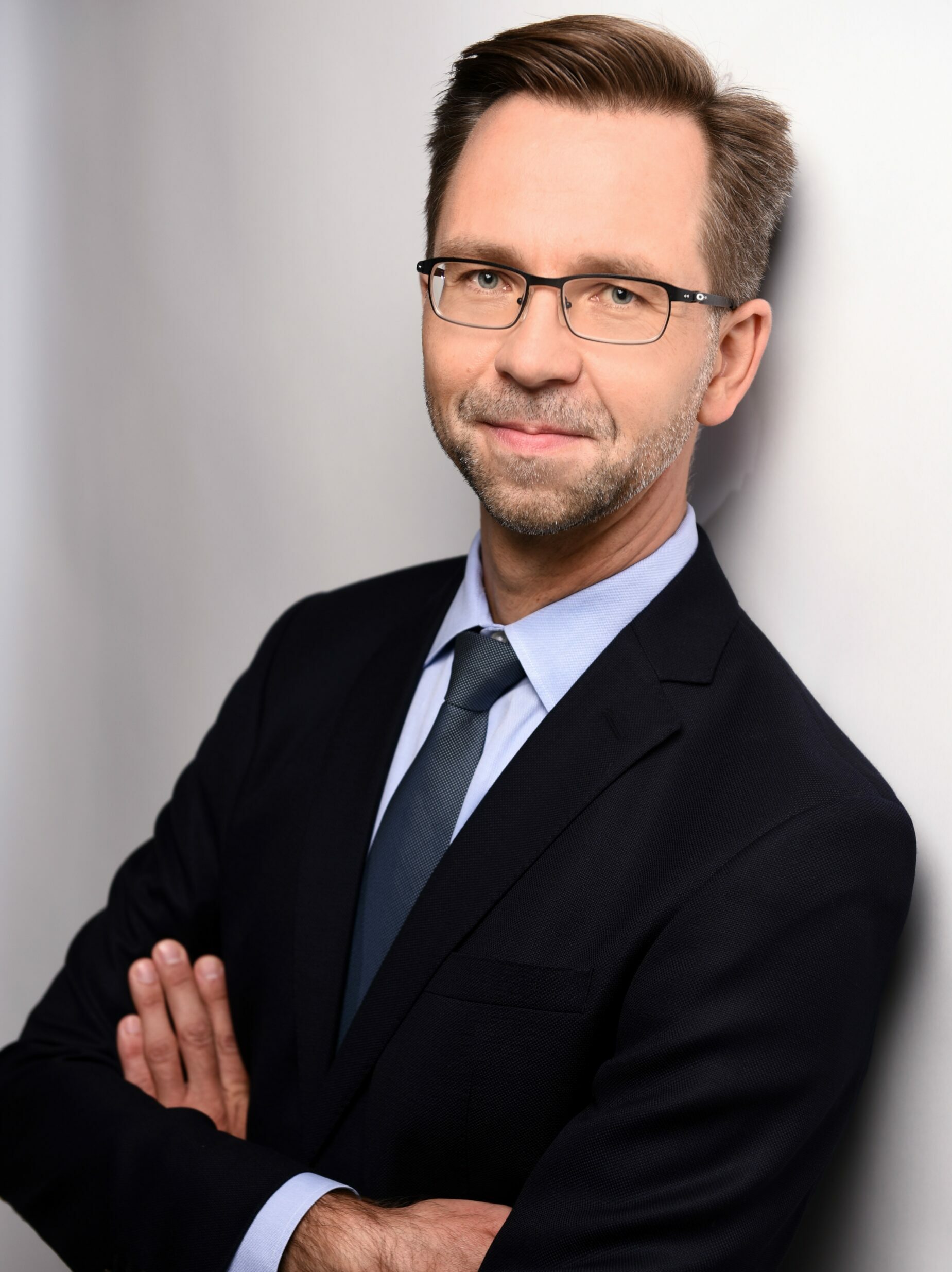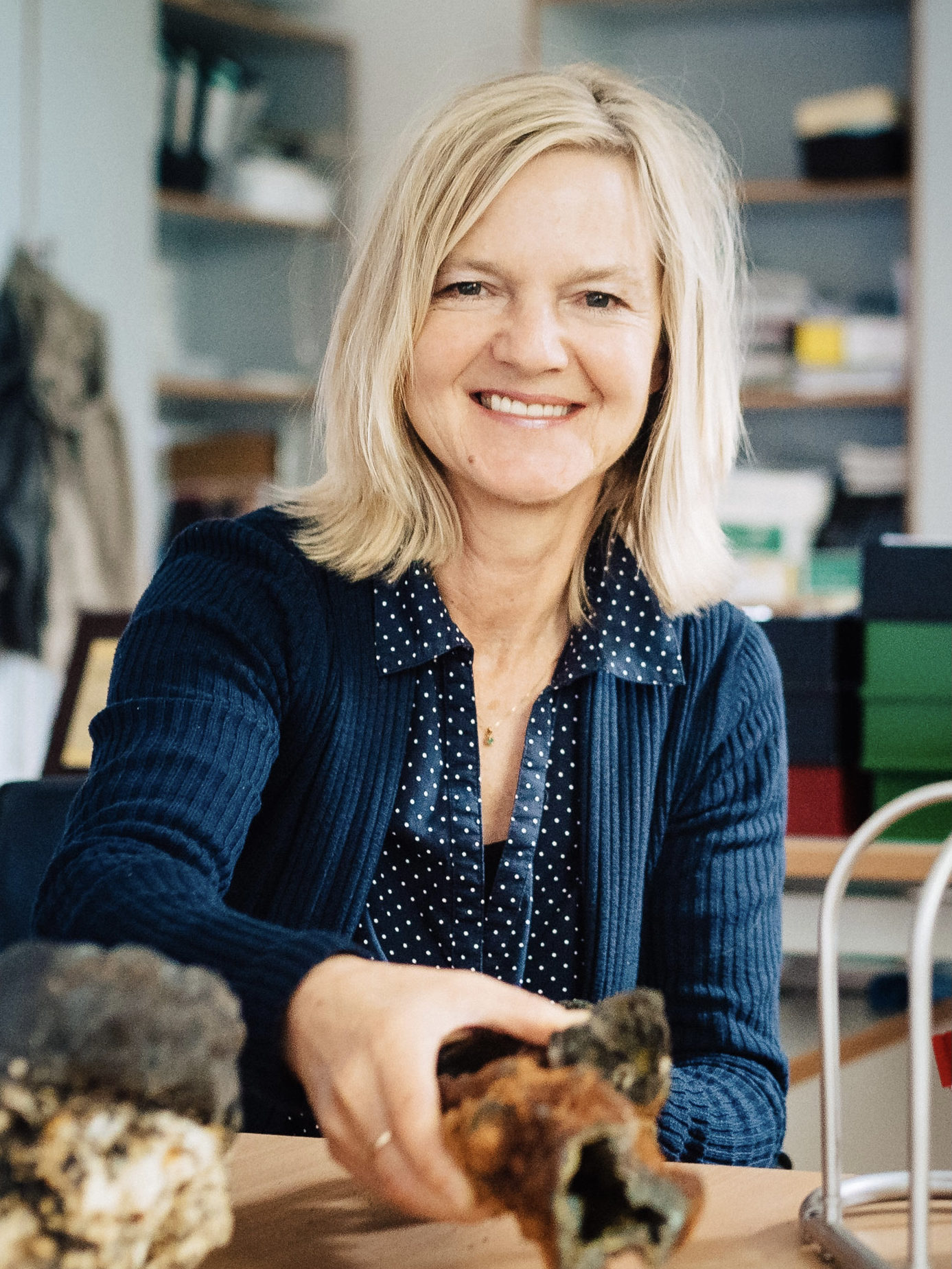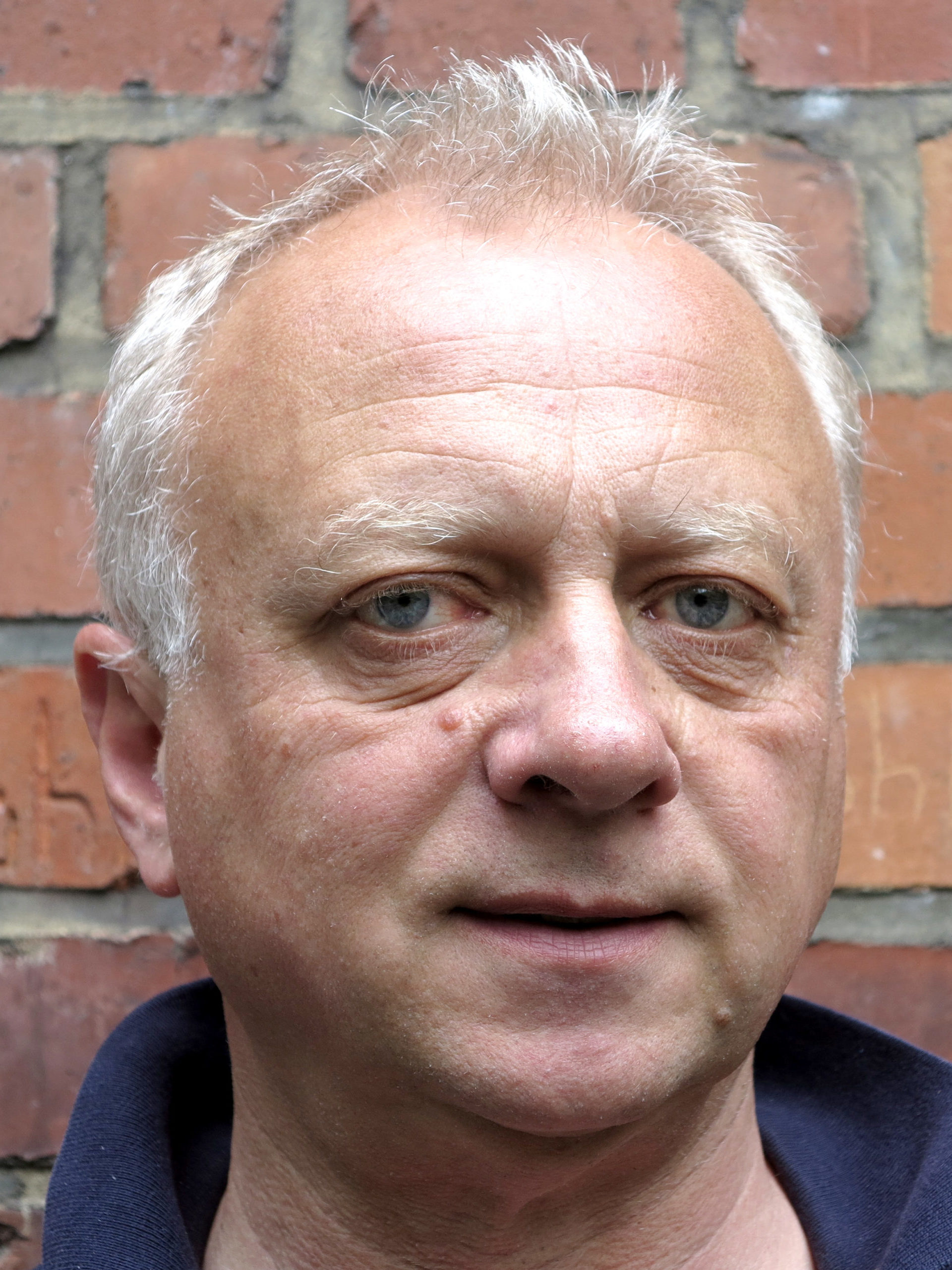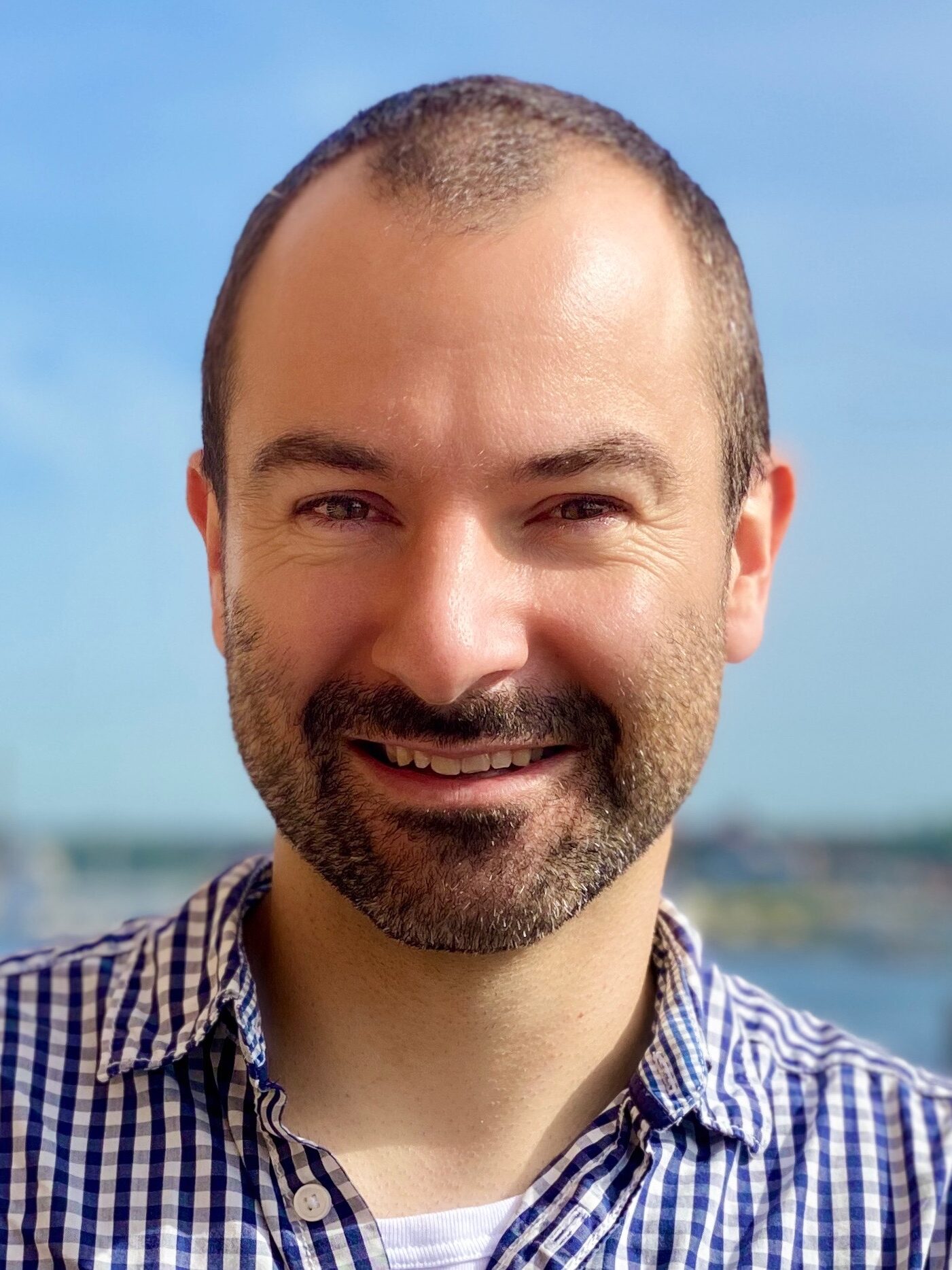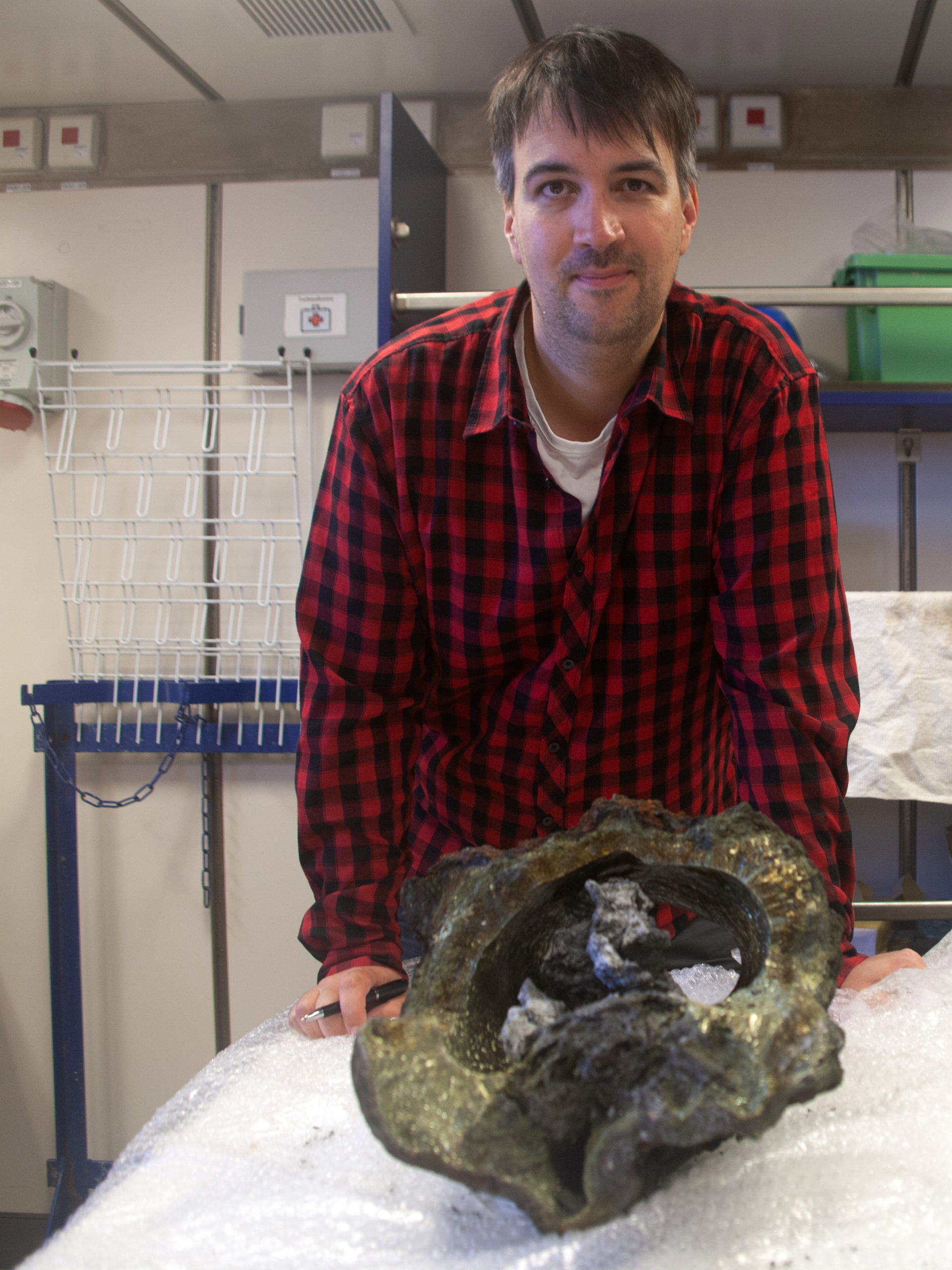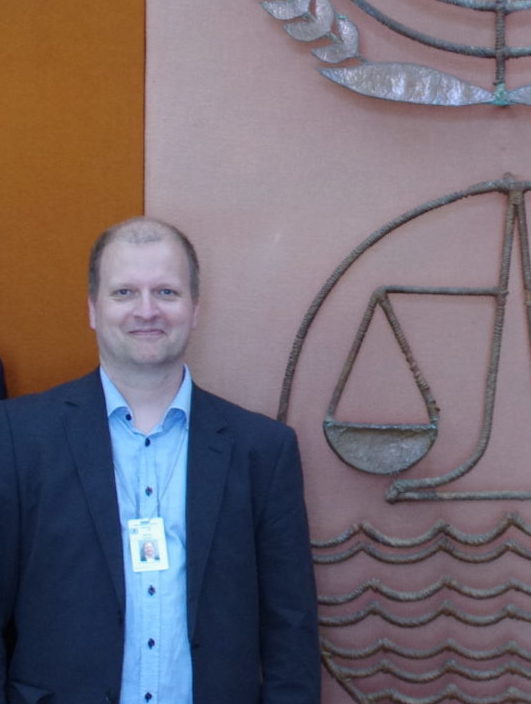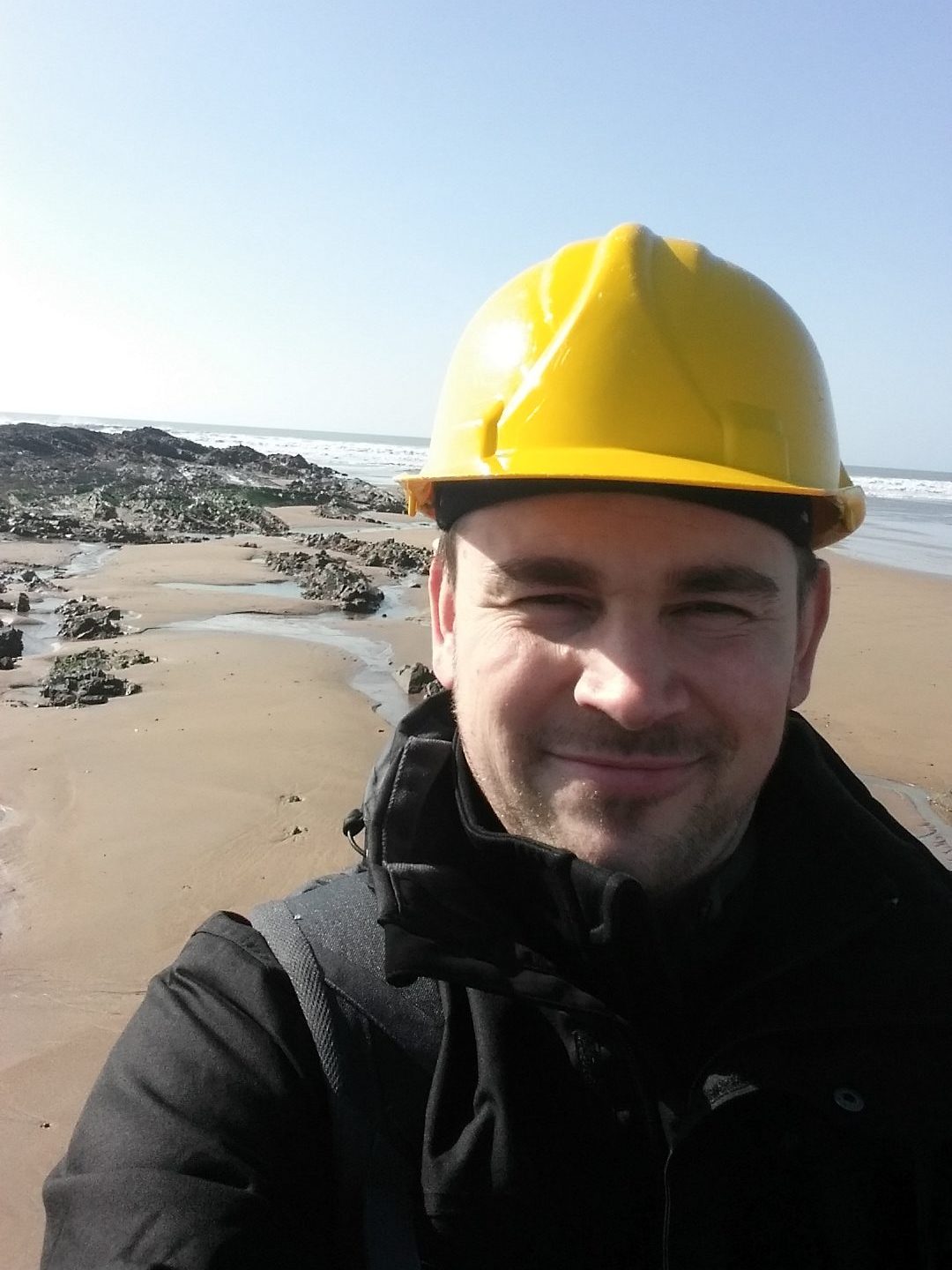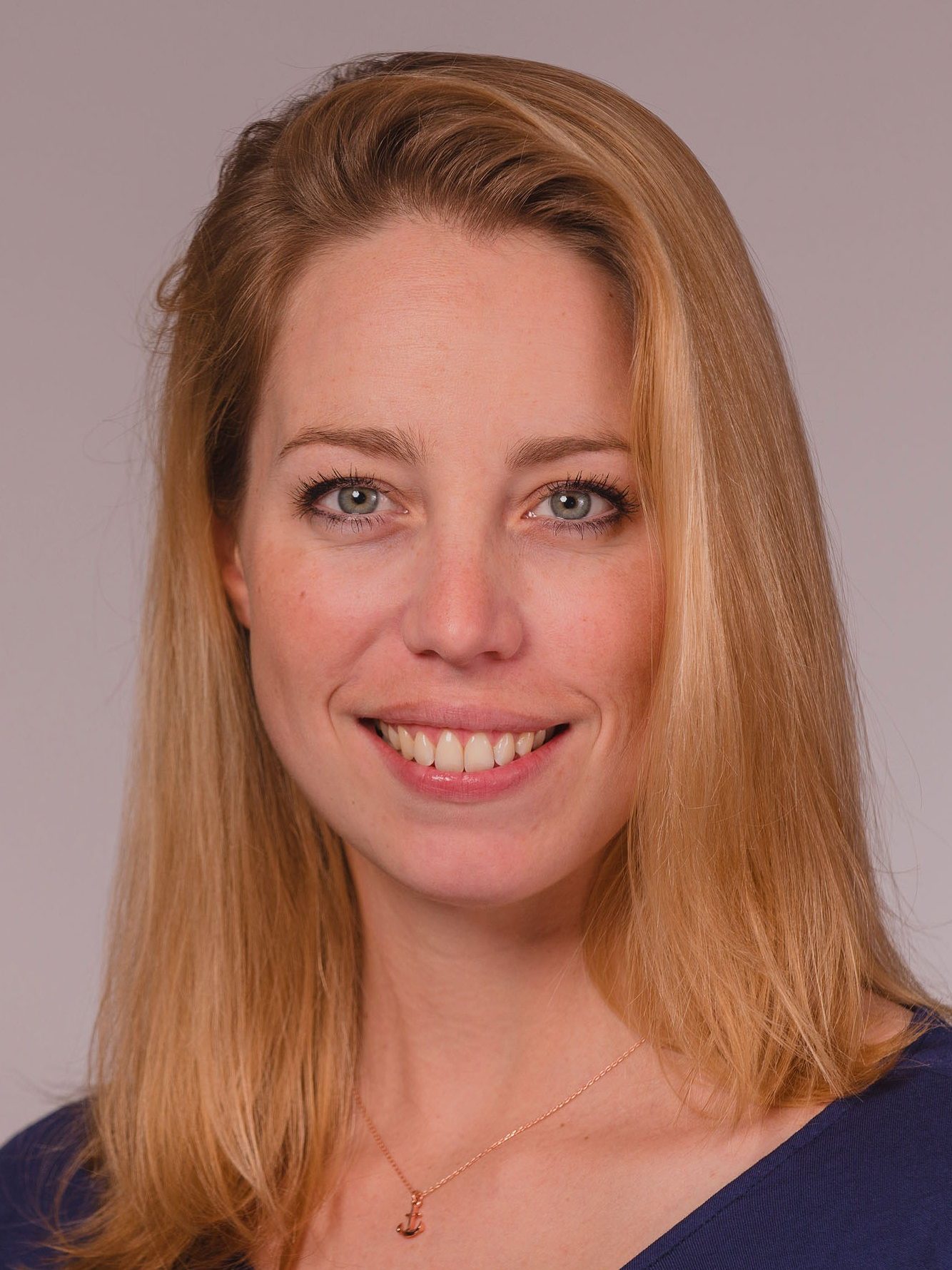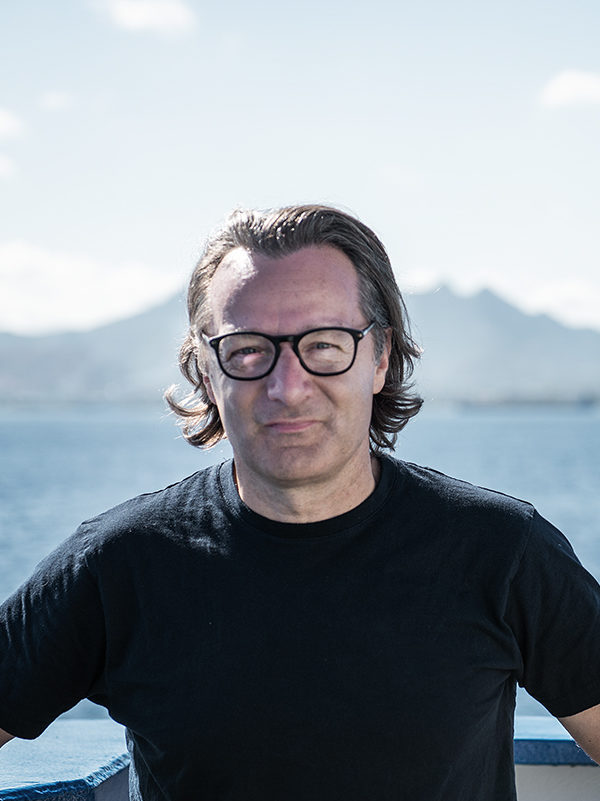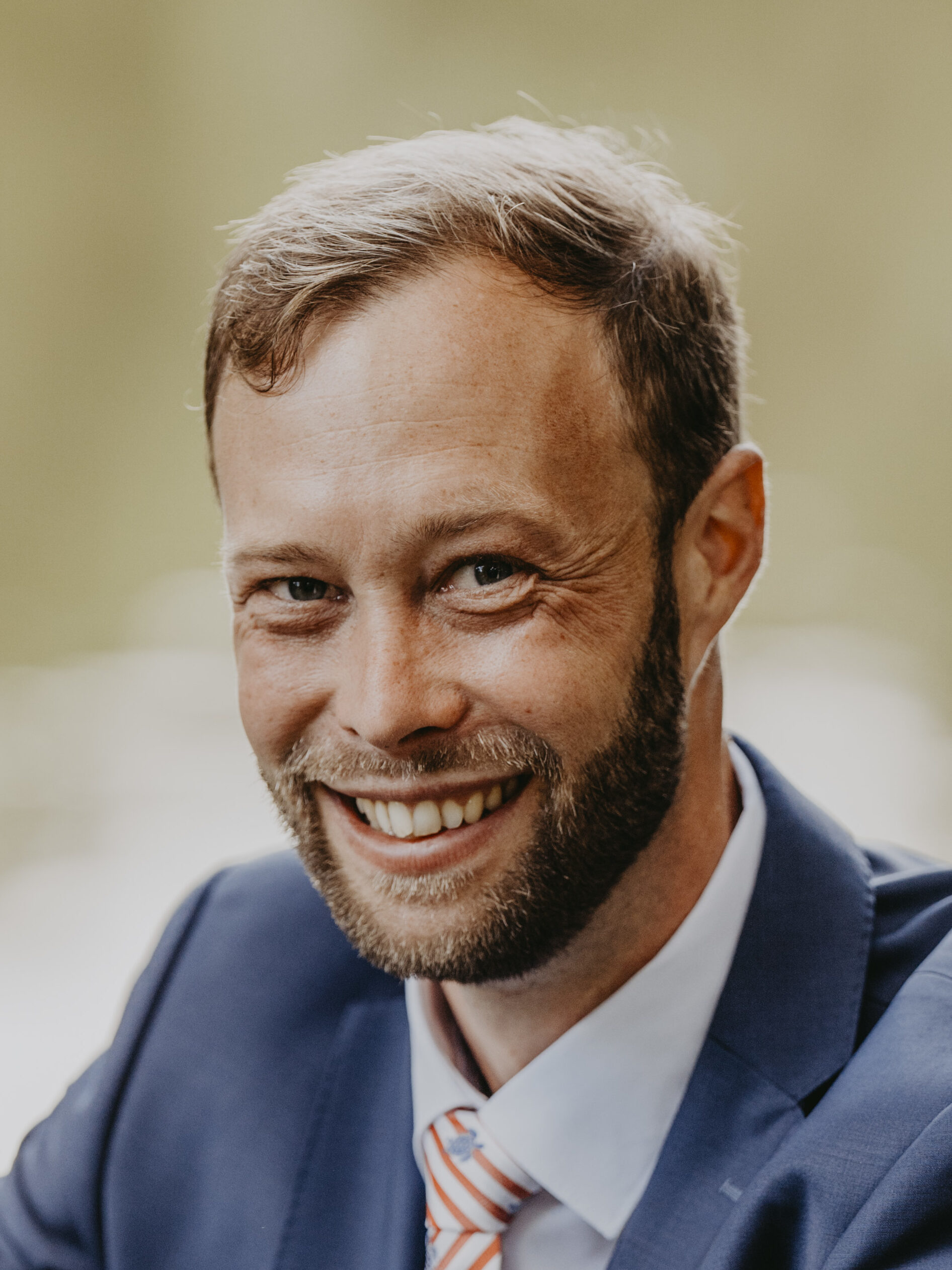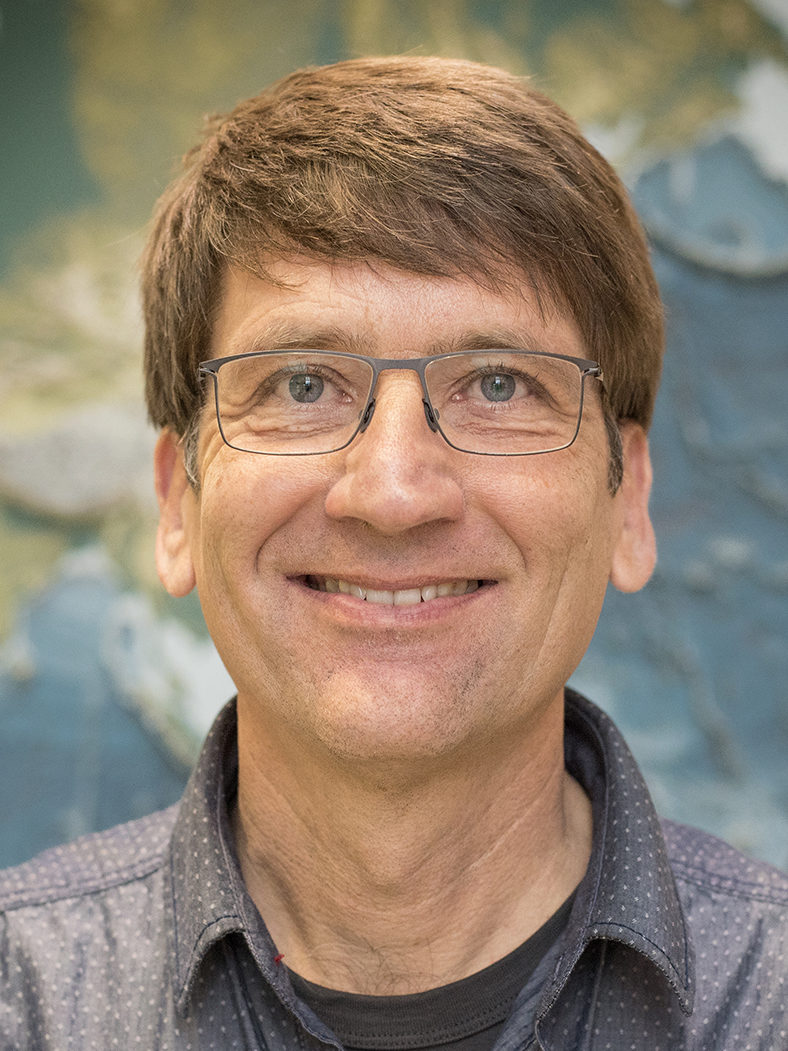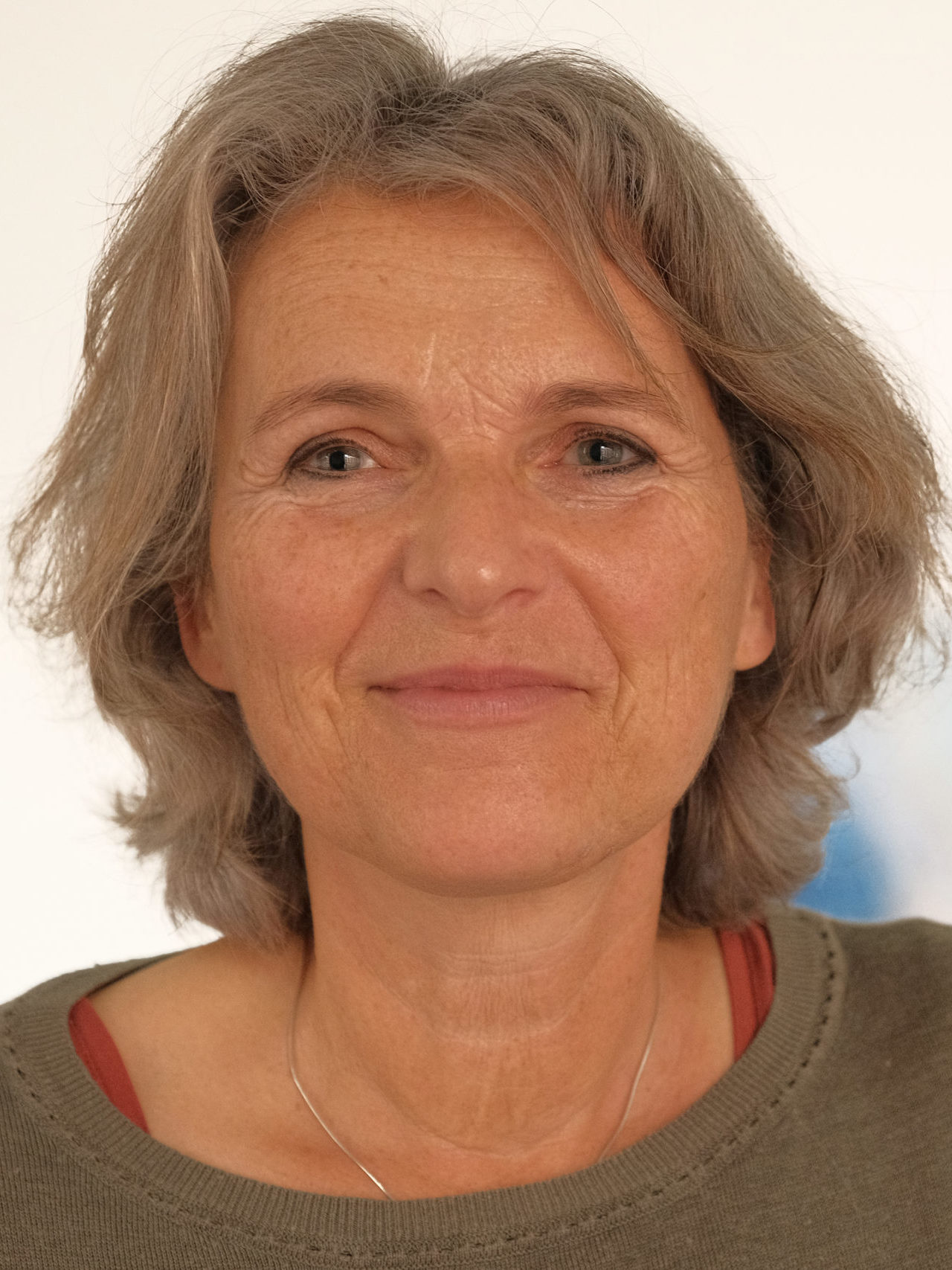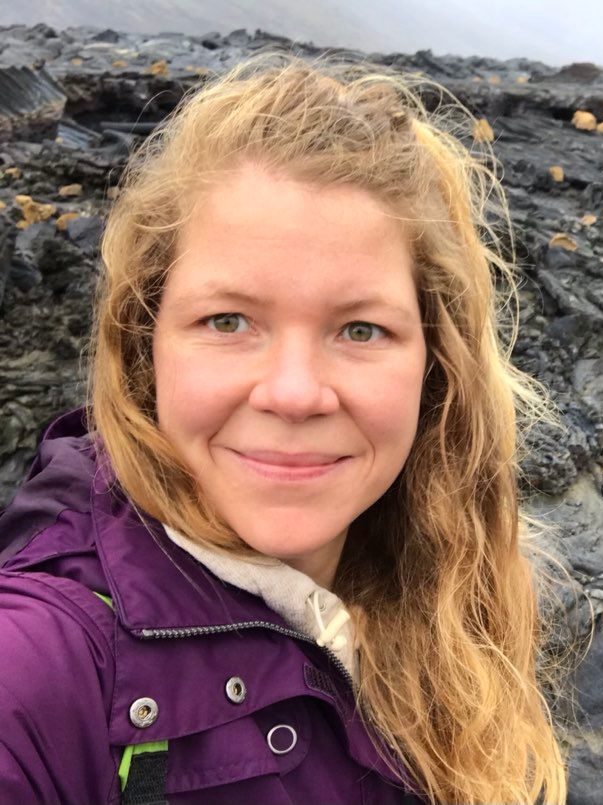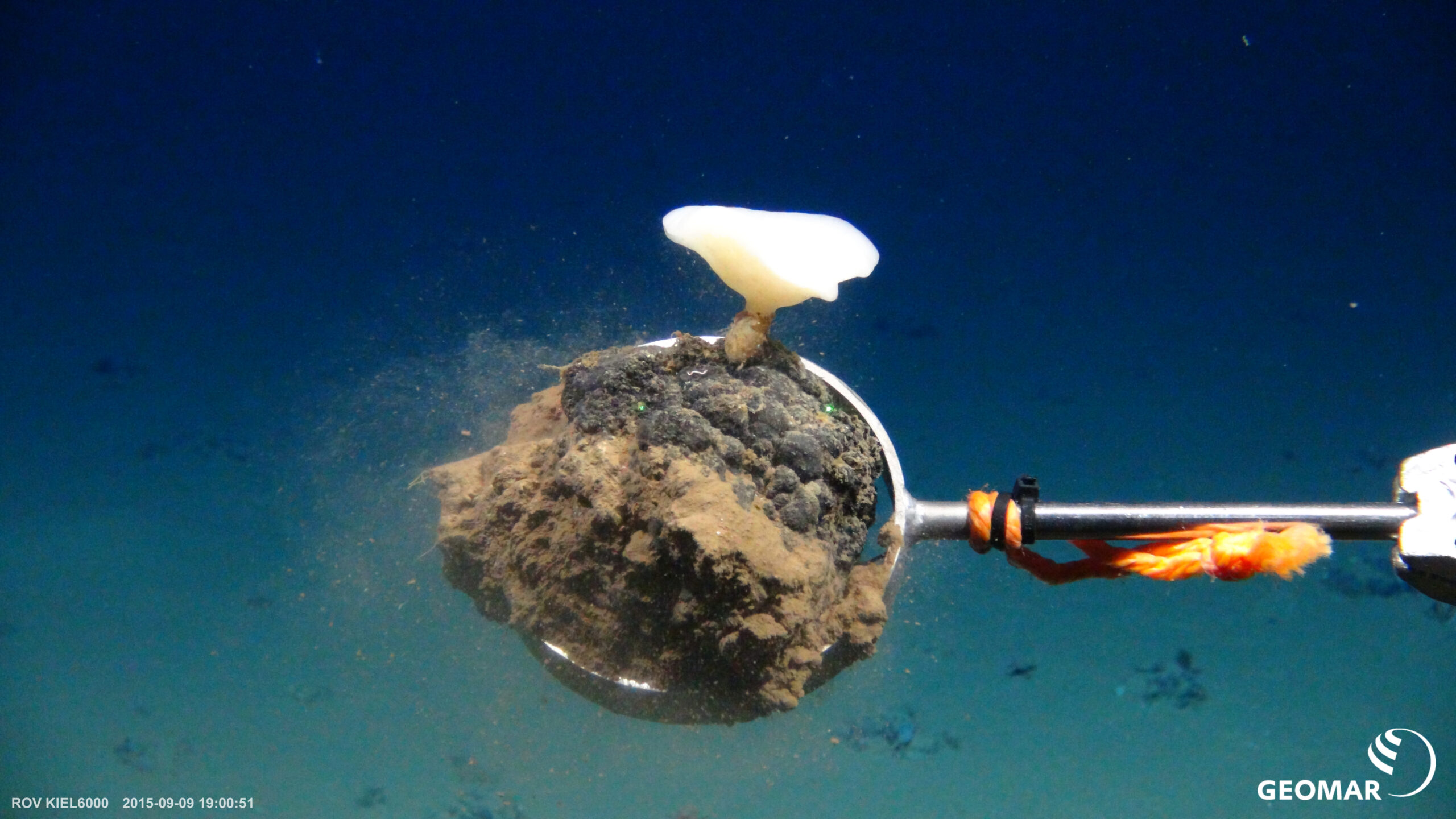
Explore and understand
Mineral resources
The Marine Mineral Resources Strategy Group is a discussion and priority-setting forum for research into marine mineral deposits (manganese nodules, massive sulphides, ferromanganese crusts, phosphorites), their resource potential and all other aspects of deep-sea mining, including environmental impact assessments. Our aim is to contribute to a better understanding of these resources in one of the least understood areas of the world.
Latest news
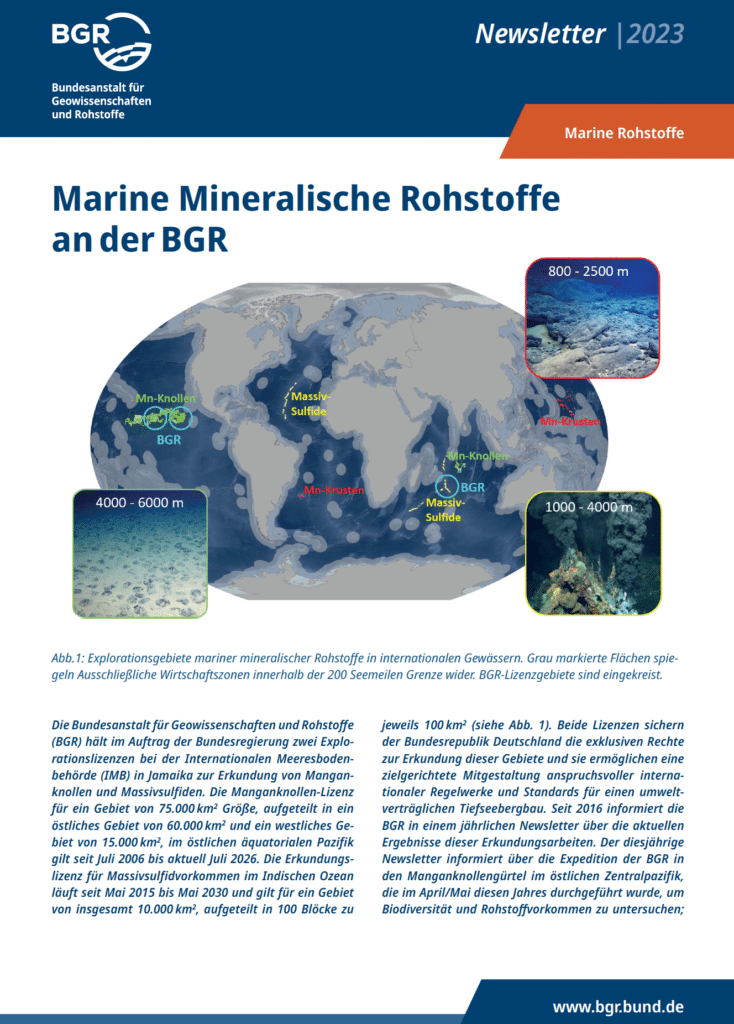
01.12.2023
News on marine mineral raw materials
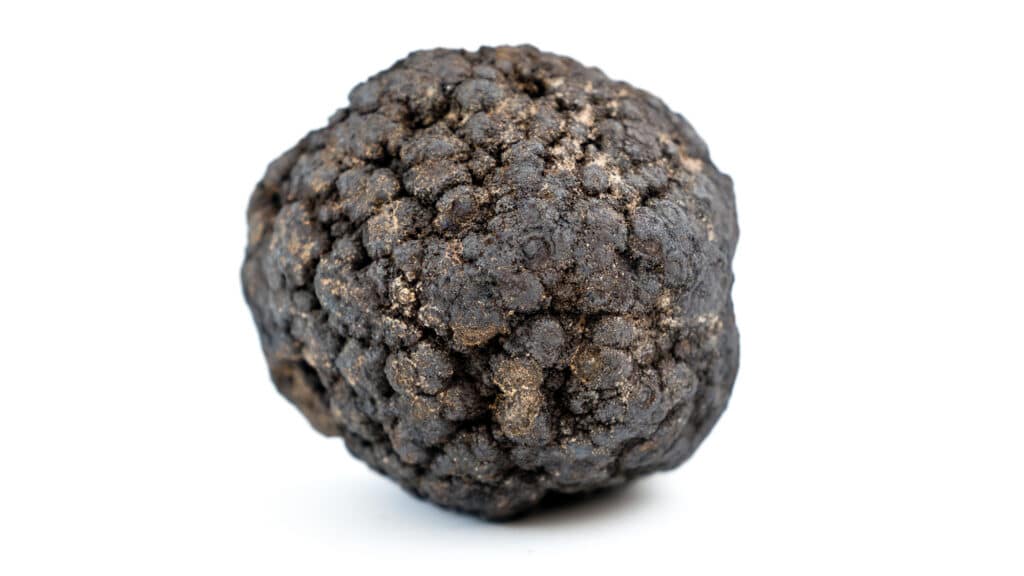
30.09.2023
Radioactivity in manganese nodules
Statement of the MMR Strategy Group
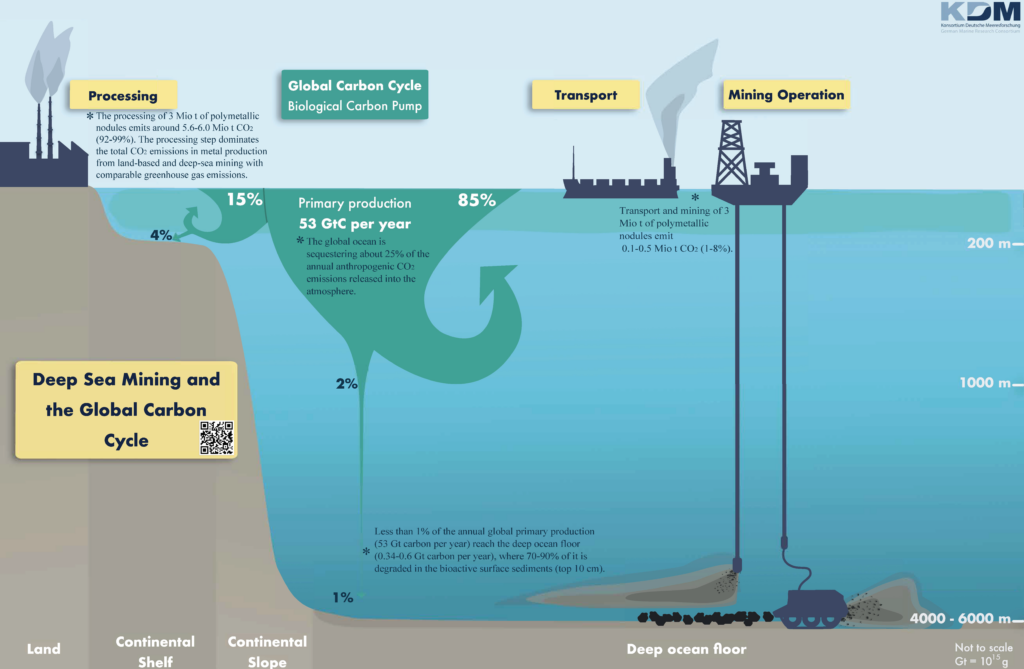
24.08.2023
Deep-sea mining and climate change
The impact of deep-sea mining on the global carbon cycle
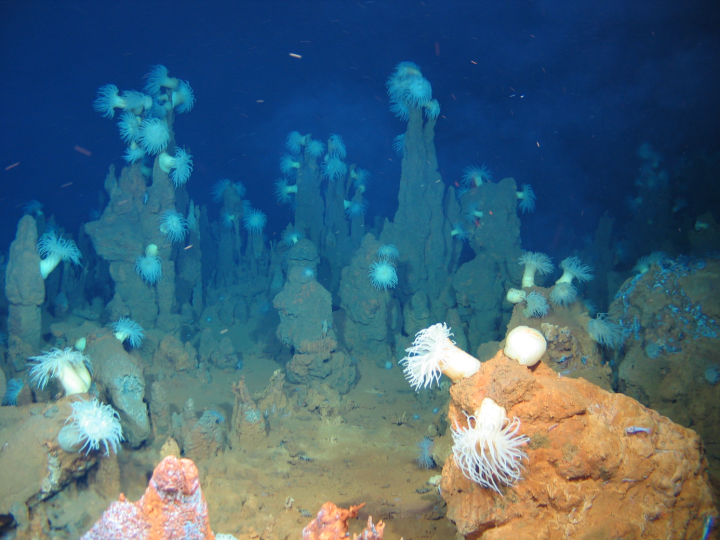
11.01.2023
News on marine mineral raw materials
BGR Newsletter 2022
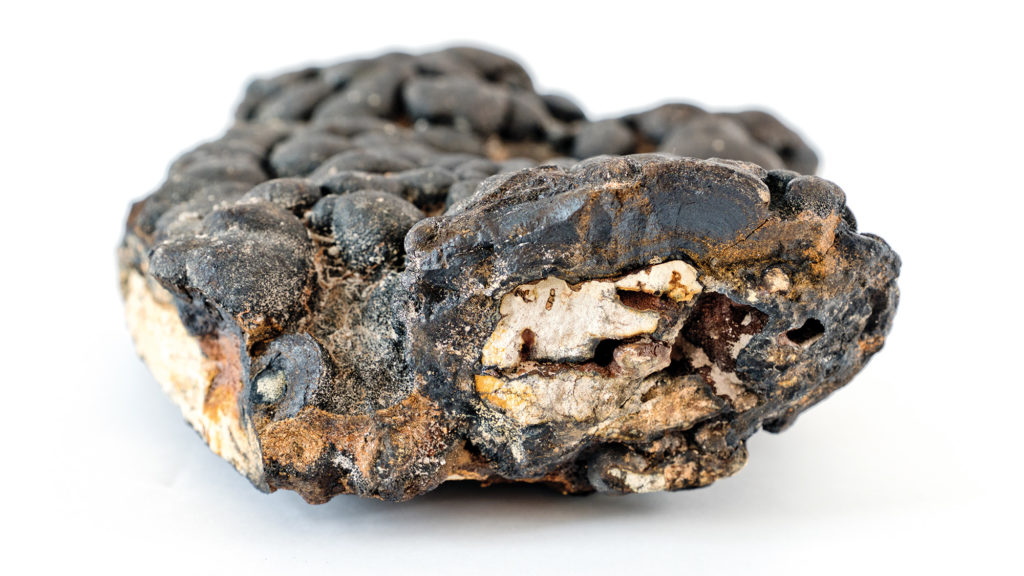
30.11.2022
On the "precautionary pause" in deep-sea mining
A commentary by SG MMR on the position of the federal government
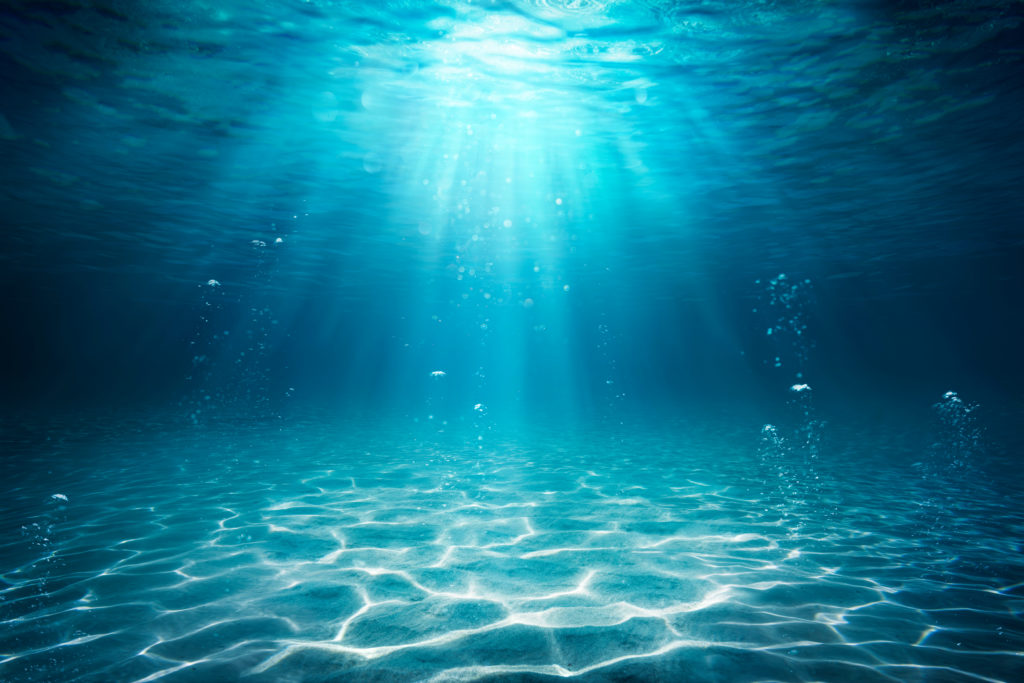
21.05.2022
GEOMAR-CREATE Seafloor Mapping School
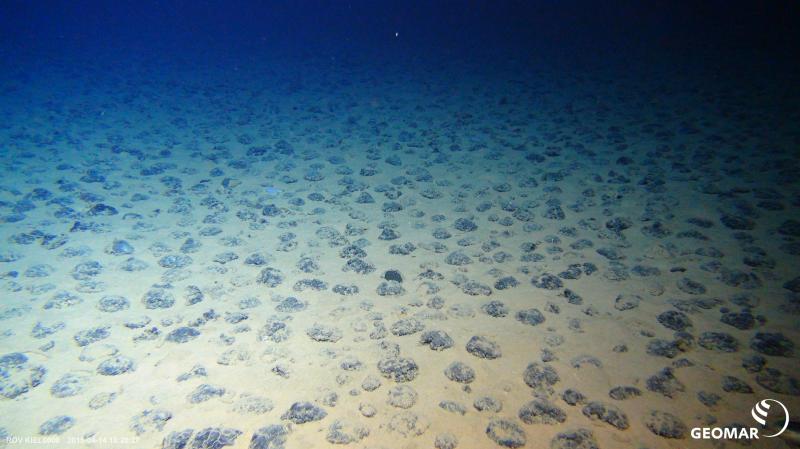
03.01.2022
Mining Impact2 Final Meeting | 1-2 Feb. 2022
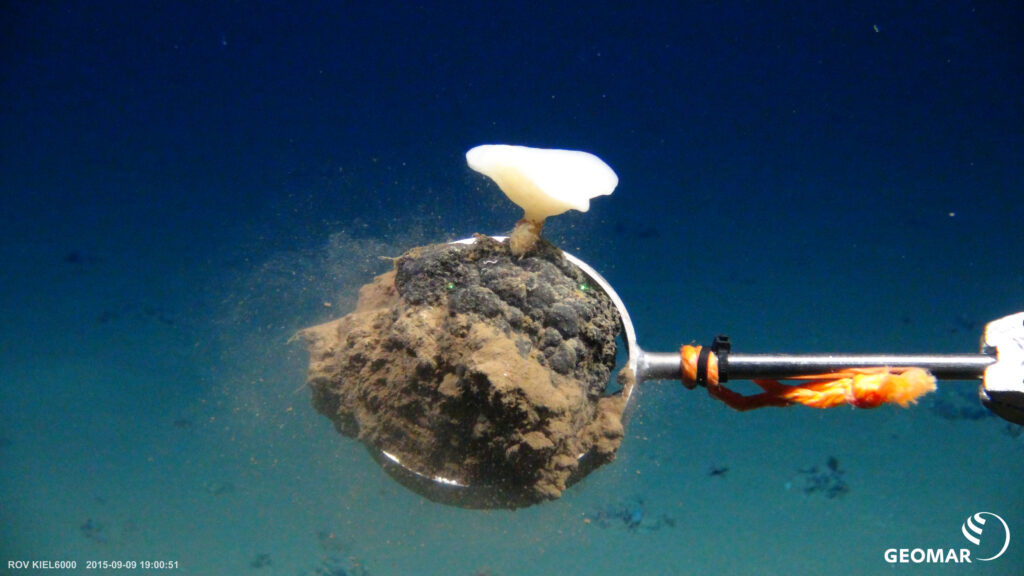
15.04.2021
Marine Mineral Raw Materials
Exploratory cruise - environmental impact of a device test in the manganese nodule belt between Hawaii and Mexico in the Pacific Ocean.
Members
Former members with advisory functions
Dr Karsten Haase
Prof. Dr Peter Halbach
Prof. Dr Mark Hannington
Dr James Hein
Dr Terue Cristina Kihara
Dr Hermann Kudrass
Dr Ulrich Schwarz-Schampera
